Kids Company boss defends charity's 'exceptional value'
- Published
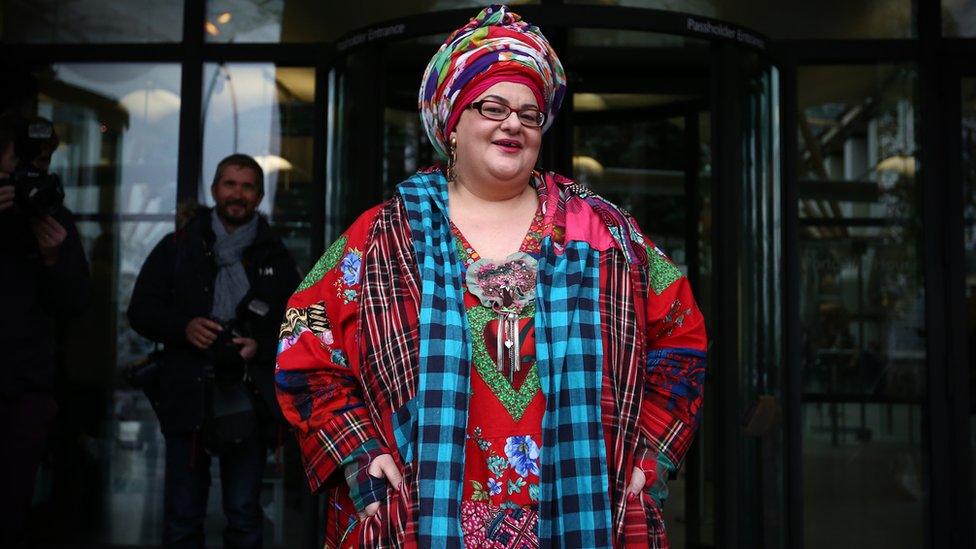
Kids Company founder Camila Batmanghelidjh has denied the charity was financially mismanaged
The founder of Kids Company has defended the charity's "exceptional" value, after a report revealed it received at least £46m of public money.
Funding given to the charity, which collapsed in August, included at least £28m from the Department for Education, the National Audit Office said.
It received the money despite warnings about its financial management.
But founder Camila Batmanghelidjh said an "extremely distorted picture" of the charity was being painted.
She said former staff and mentors at Kids Company were now "too scared" to defend it because of a "media frenzy and biased reporting".
She added: "The state gave Kids Company money to do the job it couldn't do. It wasn't doing the charity a favour."
'Lost' evidence
Evidence would have demonstrated Kids Company's "exceptional clinical and financial value as well as its rigorous accountability", had it not been "lost" by the Department for Education, Ms Batmanghelidjh said.
But a Department for Education spokesman said: "We do not recognise Camila's version of events."
Prime Minister David Cameron said he thought it had been right to give Kids Company the chance to keep going, and that was why it had access to public money.
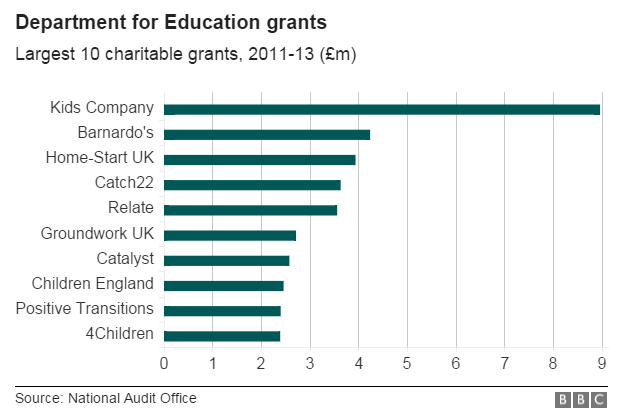
The NAO found that Kids Company received public funding for at least 15 years, with at least £42m provided in government grants, including £28m from the Department for Education and its predecessors.
It also received about £2m from councils and £2m from the National Lottery.
The key findings of the report were:
In 2008, Kids Company received 20% of the Department for Education's grant programme.
From 2011-2013 it received twice as much in grants as national children's charity Barnardo's.
Kids Company had not been required to compete for its annual grant since 2013.
Until 2013, the government relied "heavily" on the charity's own self-assessments to monitor its performance.
Inland Revenue wrote off the charity's tax debts of £590,000 in 2003.
The NAO, an independent body which audits government departments, found that despite "repeatedly expressed concerns" from officials, the government "continued to respond to the charity's requests for funding".
Its report said civil servants had noted that other organisations "appeared to offer better value for money" than Kids Company.
It found "a consistent pattern of behaviour" of the charity writing to ministers to express fears of redundancies and the impact of service closures, while raising the same concerns in the media.
This meant that from 2013 it did not have to compete for grants, the NAO found.
Ashley McDougall, from the NAO, said it was not clear why government had continued to fund Kids Company "year after year" when concerns were known.

When were concerns raised?

2002: Officials criticised Kids Company's record of financial management and said other similar organisations were more effective.
2003: Kids Company had not complied with conditions attached to a previous emergency grant, debts at the charity were mounting, and its long-term financial viability needed to be evaluated, officials said.
2008: Officials raised concerns Kids Company's dependency on government funding was being prolonged and the government could be accused of favouritism.
2013: Kids Company grants were significantly higher than those to similar charities, yet it had limited reserves and consistent cash flow difficulties, officials said.
March 2015: Cash flow problems were persisting and officials were concerned that the charity would continue to rely on public funding.
June 2015: Officials cast doubt on the financial figures produced by Kids Company, and said they had limited confidence in the charity's willingness or ability to change. They advised ministers not to provide emergency funds - but were overruled.
What went wrong at Kids Company?

Former children's minister Tim Loughton said he warned the Department for Education against giving a "very sizeable" grant to Kids Company in 2012.
But he said he was "overruled" by Downing Street after Ms Batmanghelidjh wrote a "Dear David letter" to Number 10.
Asked if he had he personally approved a loan for the charity, Mr Cameron said: "I'll have to look and see precisely the actual letter you're referring to, but my role in this has always been to try and help keep that organisation going because it was doing very good and important work."
He said the government - and the last Labour government - had been "confronted by difficult situations where this organisation doing this good work was finding it difficult to be financially viable".
Labour MP Meg Hillier, who chairs the Commons Public Accounts Committee, which will question officials on Monday, said it was "unbelievable" so much was given to the charity with "little focus" on its achievements.
Speaking in the Commons, Labour MP Paul Flynn said: "There is compelling evidence now that three prime ministers were unwittingly but directly involved in an enterprise that cost the tax payers many millions of pounds."
Kids Company was founded in 1996 in south London. It provided support to inner-city children and ran youth centres in London, Bristol and Liverpool.
- Published29 October 2015
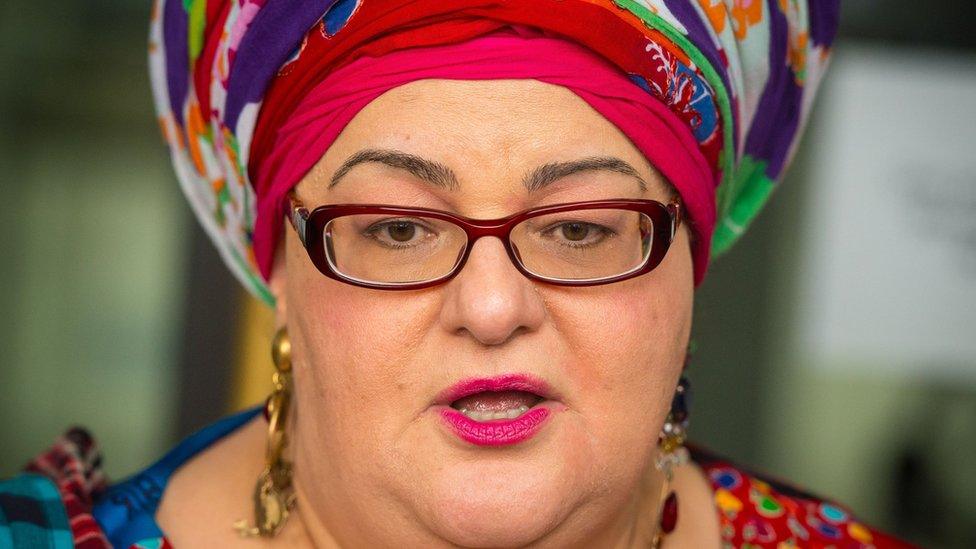
- Published15 October 2015
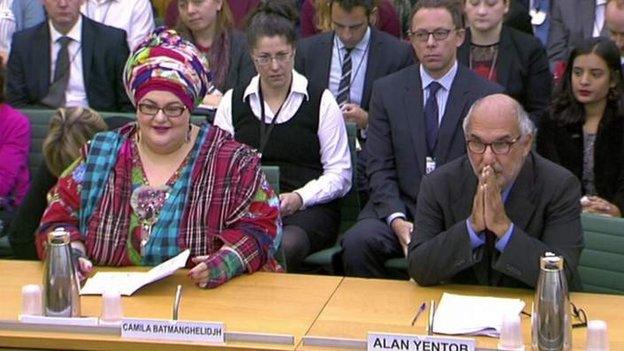
- Published15 October 2015
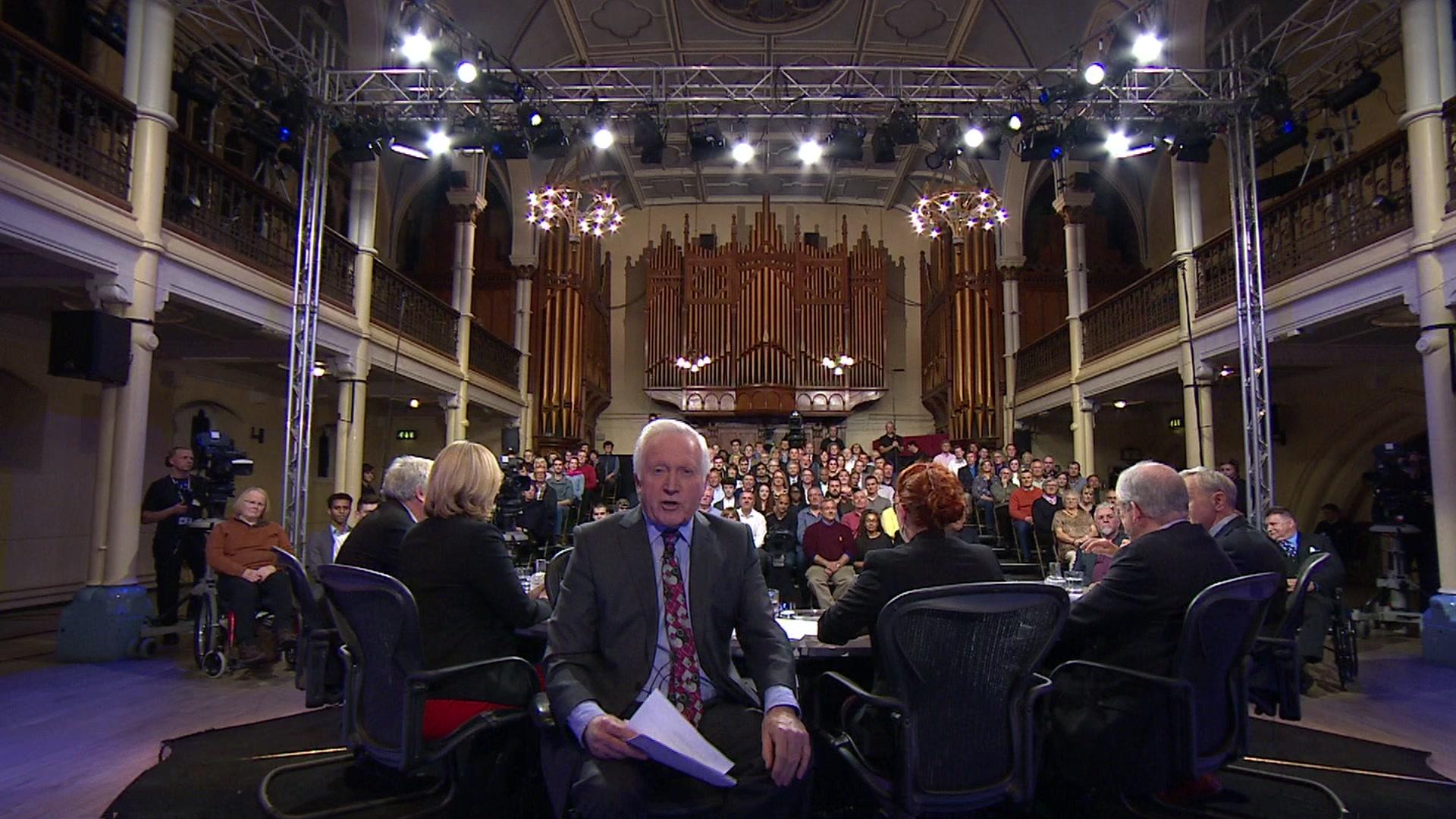
- Published1 February 2016
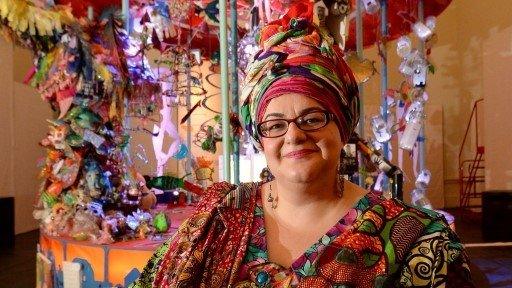
- Published14 October 2015